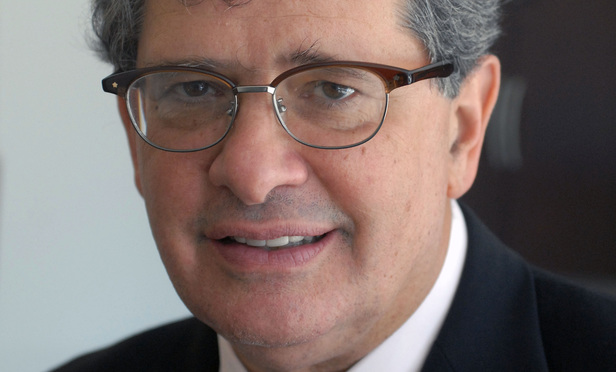On April 28, 1965, 50 years ago today, the U.S. Supreme Court decided Griffin v. California, holding that the federal Constitution forbids a prosecutor or trial judge from commenting adversely on a defendant’s failure to testify.1 Griffin has all the attributes of a landmark Warren Court precedent, of which it surely is one.
Tried for Murder
In the early evening of Dec. 2, 1961, Eddie Dean Griffin stopped Eddie Seay, a stranger, on a Los Angeles street corner to ask directions to a local bar. A night of hard drinking followed, in which Griffin joined Seay and Seay’s common-law wife, Essie Mae Hodson, at a booth in the bar. At 2 a.m., Griffin asked about a place to stay for the night, and Seay invited Griffin to sleep on the daybed in Seay’s living room.
This content has been archived. It is available through our partners, LexisNexis® and Bloomberg Law.
To view this content, please continue to their sites.
Not a Lexis Subscriber?
Subscribe Now
Not a Bloomberg Law Subscriber?
Subscribe Now
LexisNexis® and Bloomberg Law are third party online distributors of the broad collection of current and archived versions of ALM's legal news publications. LexisNexis® and Bloomberg Law customers are able to access and use ALM's content, including content from the National Law Journal, The American Lawyer, Legaltech News, The New York Law Journal, and Corporate Counsel, as well as other sources of legal information.
For questions call 1-877-256-2472 or contact us at [email protected]



